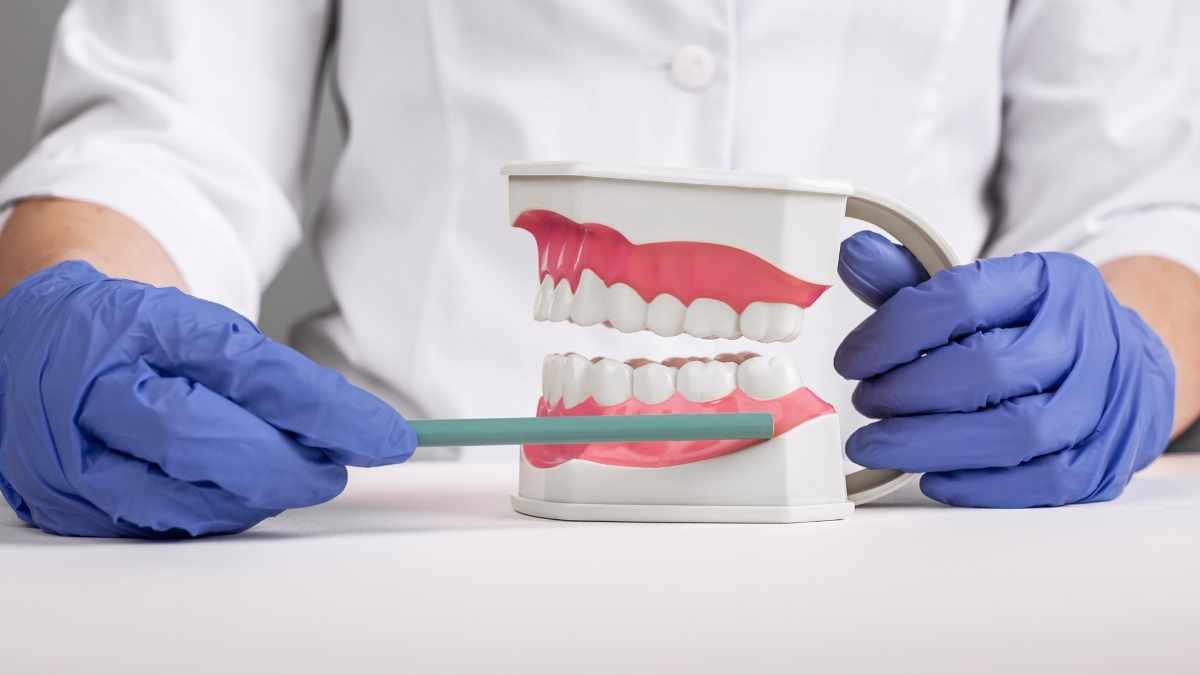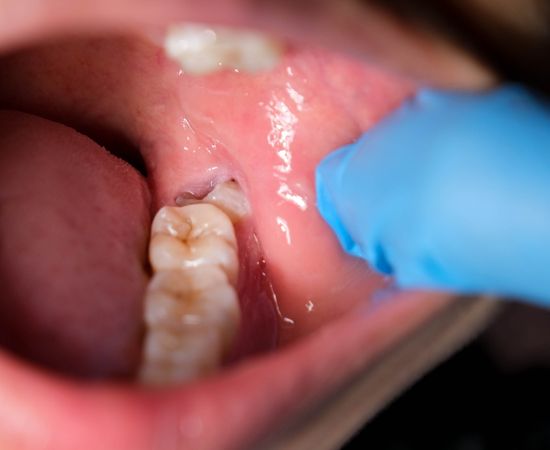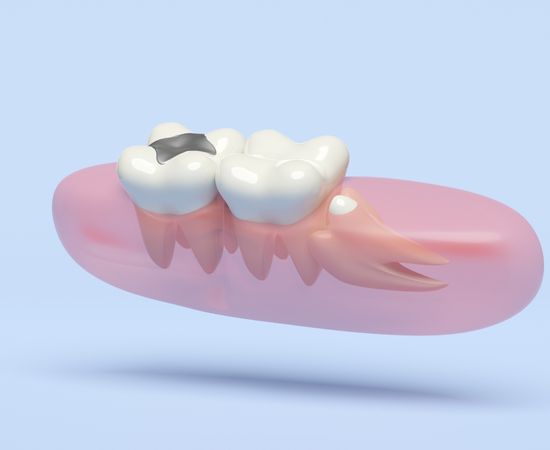I Need Help - Pain With Wisdom Teeth
A Guide to Wisdom Teeth Pain Relief
Wisdom teeth are the last adult teeth to erupt — often arriving between the late teens and early twenties — and for many people, they don’t come quietly. Pain with wisdom teeth is extremely common and can cause anything from mild discomfort to sharp, persistent aches that interfere with daily life. If you’re unsure whether your symptoms are normal or a sign of something more serious, we’re here to help you understand the cause and explore your wisdom teeth pain relief options.

Why Do Wisdom Teeth Hurt?
There are several reasons why wisdom teeth cause pain, and in many cases, it relates to the lack of space at the back of the jaw. Common causes of wisdom tooth growing pain include:

- Impaction: When a wisdom tooth doesn’t have enough room to emerge properly, it can become trapped in the gum or bone, causing inflammation and pressure.
- Eruption pain: As the tooth breaks through the gums, it can cause temporary discomfort known as wisdom teeth coming in pain.
- Infection: Partially erupted wisdom teeth can trap food and bacteria, leading to gum infections (pericoronitis).
- Cavity or decay: Due to their position, wisdom teeth are harder to clean and more prone to decay, which can result in sharp, localised pain.
- Pressure on nearby teeth: As they try to erupt, wisdom teeth can push on neighbouring teeth, causing radiating or jaw-related discomfort.
If you’re experiencing wisdom tooth pain in the jaw, ongoing headaches, or swelling, it’s time to speak to a dentist — especially if the pain is getting worse rather than improving.
Is It Wisdom Tooth Pain or Something Else?
It’s not always easy to tell. Symptoms of wisdom tooth pain can sometimes mimic other dental issues like molar decay, gum disease, or even jaw joint dysfunction.

Here are a few clues that point specifically to wisdom tooth growing pain:
- Soreness or swelling at the back of your mouth
- Pain that worsens when chewing or opening your jaw wide
- Swelling or tenderness in the jaw or cheek
- A visible tooth pushing through the gums
- Headaches or earaches on one side
- Bad taste in the mouth (from pus or food packing)
- Swollen lymph nodes under the jaw
Still unsure? The safest step is to book a dental examination. An X-ray can confirm whether the wisdom tooth is the cause — or if something else is going on.
What to Do When a Wisdom Tooth Hurts
If you’re dealing with pain from wisdom teeth, a few short-term home strategies may help while you wait for your dental appointment:

- Use over-the-counter pain relief like ibuprofen or paracetamol
- Rinse with warm salt water or a chlorhexidine mouthwash to reduce bacteria and soothe gums
- Apply a cold compress to the outside of your cheek to reduce swelling
- Avoid very hot, cold, or chewy foods that aggravate the pain
- Keep the area clean with a small headed toothbrush like a baby’s toothbrush or electric toothbrush — especially if the tooth is partially erupted
While these remedies can offer wisdom teeth pain relief, they won’t solve the root cause. Ongoing or severe discomfort should always be assessed by a dentist.
How Long Does a Wisdom Tooth Pain Last?
The length of wisdom tooth pain can vary depending on the cause. If the tooth is erupting normally, discomfort might last a few days to a week before easing on its own. In cases of infection, impaction, or pressure on other teeth, pain may persist or worsen without treatment.
Persistent wisdom tooth pain in the jaw or recurring flare-ups are a sign something isn’t right. Extraction may be recommended to prevent further complications.


When to Go to the Dentist for Wisdom Tooth Pain
You should see a dentist if:
- Pain lasts more than 24 hours
- The gum around the tooth is swollen, red, or oozing
- You’re experiencing difficulty opening your mouth
- There’s ongoing wisdom teeth pain in your jaw
- You suspect the tooth is impacted or infected
- Or just to double check it and get an xray!
Early dental assessment can prevent more serious issues — including abscesses, gum infections, and damage to surrounding teeth. At Gentle Dental Centre, we have an OPG machine on site so we can take a panoramic xray immediately, meaning you don’t have to wait for your results.
Can Wisdom Teeth Cause Jaw Pain?
Yes — wisdom teeth can cause jaw pain, particularly when there’s not enough space for them to emerge properly. This pressure can cause inflammation, stiffness, and even radiating discomfort in the jaw, ear, or neck.
If you’re experiencing jaw pain alongside wisdom tooth pain, don’t ignore it. Your dentist can assess the positioning of your teeth with an X-ray and help you decide whether extraction is the best option.

Book a Wisdom Tooth Assessment Today
Whether you’re dealing with a dull ache or severe wisdom teeth coming in pain, getting a professional opinion is the safest and most effective step toward relief. At Gentle Dental Centre, we’ll assess your symptoms, explain your options, and help you decide on the best plan forward.
Don’t wait until the pain gets worse. Book your consultation today and get expert help for wisdom teeth pain relief — so you can get back to feeling your best.


